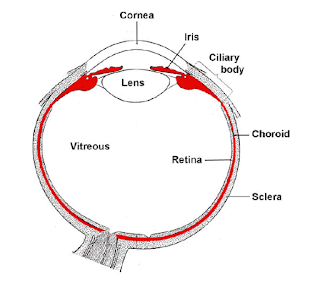How is it used?
The test for anti-
Saccharomyces cerevisiae antibodies (ASCA) is used to help distinguish between Crohn disease (CD) and ulcerative colitis (UC), the two most common types of
inflammatory bowel disease (IBD). Testing usually includes detecting two different classes of ASCA in the blood, and .
ASCA are immune proteins that are frequently present in people who have IBD. The association between the presence of ASCA and their involvement in the disease process, however, is not understood at this time.
IBDs are primarily diagnosed through non-laboratory evaluations, such as a of the intestine. In some cases, however, it can be difficult to distinguish between CD and UC. An ASCA test is often ordered along with a test for
perinuclear anti-neutrophil cytoplasmic antibody (pANCA) to help determine which type of IBD a person has. The presence of ASCA is more common in CD, while pANCA is more common in UC. Anti-CBir1 (anti-flagellin antibody) and anti-Omp C (anti-outer membrane protein antibody) are indicative of CD and may also be used in combination with ASCA testing.
Since the symptoms associated with IBD may be seen with a number of conditions, other tests are frequently performed prior to or along with ASCA testing to rule out other causes for the symptoms. For more on this, see the article on
Inflammatory Bowel Disease.
When is it ordered?
ASCA testing is primarily ordered when a person has and that suggest
IBD and a healthcare practitioner is attempting to distinguish between CD and UC. It may be ordered along with
pANCA and other antibody testing.
Signs and symptoms of an IBD may include:
- Abdominal pain and cramps
- Diarrhea
- Rectal bleeding
- Fever
- Fatigue
- In some people, , skin, bone and organ-related symptoms
- Children may also have delayed development and growth retardation.
What does the test result mean?
A positive ASCA result is not diagnostic of CD, UC, or of an
IBD, but it does make it more likely that a person with symptoms has an IBD.
Results of ASCA testing are often interpreted in conjunction with the results of
pANCA testing:
- If ASCA is positive and pANCA is negative, then it is likely that the person has CD.
- If ASCA is negative and pANCA is positive, then it is likely that the person has UC.
A negative result for ASCA and pANCA does necessarily rule out IBD. A person who is negative may still have CD, UC, or another IBD.
The presence of multiple antibodies (ASCA, anti-CBir1, anti-Omp C) may indicate the likelihood of a more aggressive disease, but negative results do not rule out aggressive disease.
Is there anything else I should know?
There are many other antibody biomarkers that are associated with
IBD.
The amount of ASCA and/or
pANCA present does not correlate with the severity of a person’s symptoms or condition and it cannot be used to monitor response to treatment
https://labtestsonline.org/understanding/analytes/asca/tab/test/



